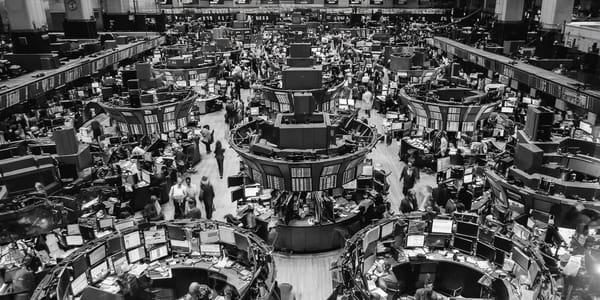Trade War Tensions: China Sends He Lifeng to Geneva Negotiations

After President Donald Trump imposed steep tariffs on Chinese goods last month, Beijing initially responded with defiance. State media posted images of Mao Zedong and criticized "imperialists," signaling that China would not back down in the face of pressure.
Behind closed doors, however, Chinese officials grew increasingly worried about the tariffs' impact on the economy. They also feared isolation as other trading partners began negotiations with Washington, according to officials familiar with Beijing's thinking.
These concerns, along with American outreach and softening rhetoric from Trump, persuaded China to send economic leader He Lifeng to meet with U.S. counterparts in Switzerland this weekend. The decision represents a significant shift in Beijing's approach to the escalating trade conflict.
Arranging the talks proved complicated due to diplomatic tensions. A letter sent by the U.S. to Chinese ministries in April regarding fentanyl was considered "arrogant" by Beijing officials. Disagreements over which officials should participate further delayed the process.
Among the main drivers of China's change in position were internal reports that companies were struggling to avoid bankruptcies. Furniture makers, toy manufacturers, and textile producers felt immediate impacts. Many analysts have reduced their 2025 economic growth forecasts for China, with Nomura warning the trade war could cost up to 16 million jobs.
Chinese officials also worried about being left out while countries like Vietnam, India, and Japan began trade discussions with Washington. In response, China is sending Premier Li Qiang to Malaysia in late May for a summit with Southeast Asian and Arab nations, potentially seeking alternative trade relationships.
The UK's progress toward becoming the first nation to secure a trade deal with the US after April's "Liberation Day" duties has likely added to China's sense of urgency. While Britain avoided the higher "reciprocal" tariffs, Beijing watches closely as Washington advances talks with multiple trading partners, further threatening China's export position.
Economic Pressure Forces China's Hand in Trade Dispute
The volatility preceding the Geneva talks reveals deep mistrust between the Trump administration and China. "Both sides are balancing trying to look tough with not wanting to be responsible for sinking the global economy," said Scott Kennedy, a Chinese business affairs expert at the Center for Strategic and International Studies.




